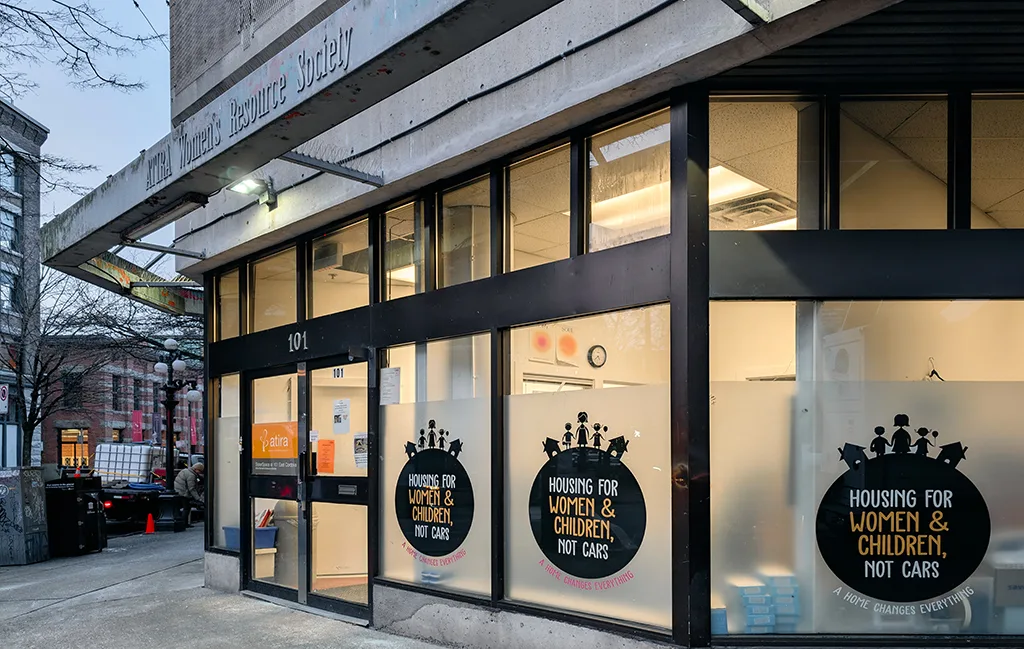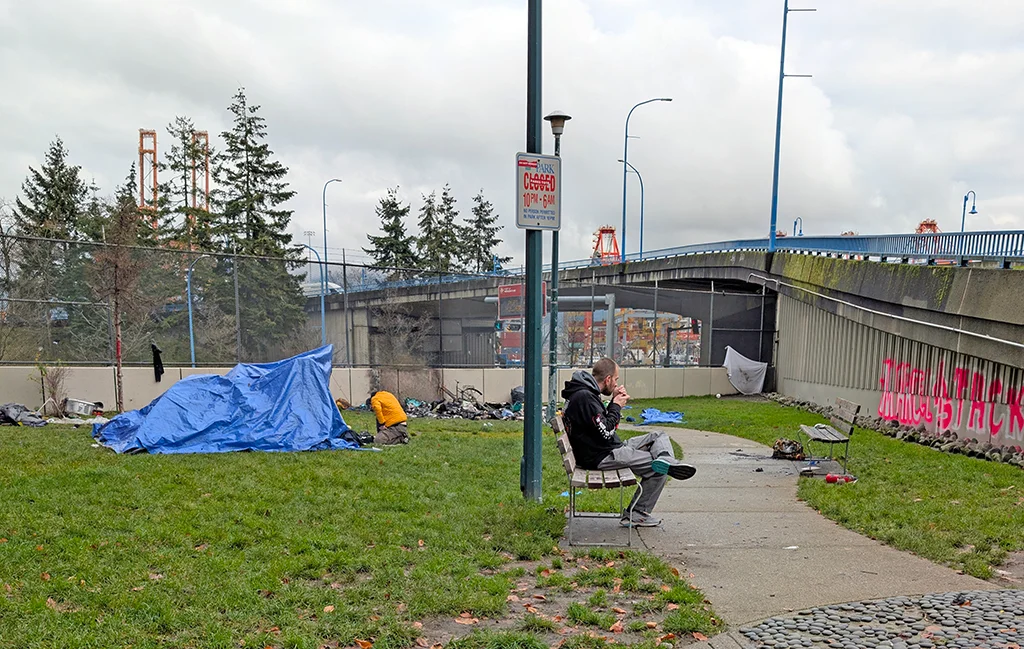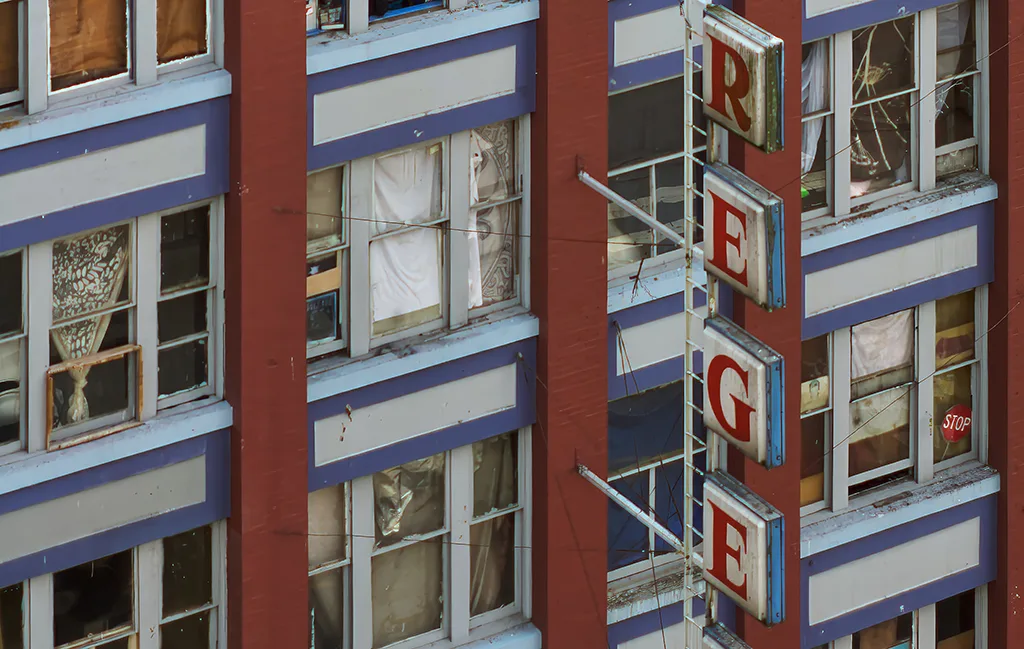A new lawsuit against Atira Women’s Resource Society and its subsidiaries has cast a fresh spotlight on the ongoing controversies surrounding Vancouver’s Single Room Occupancy (SRO) housing landscape. Preferred Pacific Developments, a restoration company, alleges that Atira owes over $4.8 million in unpaid invoices for work performed under a 2019 master agreement. While none of these allegations have been proven in court, the lawsuit highlights critical challenges in the administration and upkeep of low-income housing in the Downtown Eastside. Amid mounting legal battles and a growing housing crisis, questions about transparency, accountability, and systemic failures in Vancouver’s SRO management are once again at the forefront.
The Lawsuit Against Atira
Preferred Pacific Developments, a key contractor for Atira, claims it has not been paid for over 1,500 invoices totalling $5.6 million. Between September and November 2024, partial payments were made by Atira subsidiaries, amounting to just over $1.3 million. Despite these payments, the restoration company alleges nearly $4.9 million remains outstanding as of December 2024.
Filed in BC Supreme Court, the lawsuit accuses Atira and its subsidiaries of breaching their agreement with Preferred Pacific by failing to provide full payments for completed renovations. Both BC Housing and the provincial government have clarified that they are not parties to the legal claim while reiterating their awareness of the situation.
This lawsuit arrives during an already tumultuous period for Atira, whose previous CEO, Janice Abbott, stepped down following a conflict-of-interest scandal involving the organization. These allegations add to a string of controversies that have plagued the non-profit housing provider in recent years.
The Scandal at Winters Hotel
Atira Property Management, one of the organization’s subsidiaries named in the lawsuit, is also a defendant in a class-action suit over the tragic fire at the Winters Hotel SRO. This blaze claimed lives and left residents displaced, highlighting the broader issues of safety and accountability in Vancouver’s SRO sector.
Justice Francesca Marzari’s ruling to certify the class action underscores the systemic barriers many SRO residents face when seeking justice. The lead plaintiff, Jennifer Hansma, has brought claims of negligence and wrongful death against multiple defendants, including Atira.
The combined legal challenges faced by Atira reflect deep-rooted concerns about the management of low-income housing in Vancouver. Advocates argue that the absence of transparency and consistent oversight perpetuates conditions that put vulnerable tenants at risk.
The Role of SROs in Vancouver’s Housing Crisis
Single Room Occupancy buildings serve as a critical safety net for the city’s most marginalized residents, including Downtown Eastside residents. Over half of Vancouver’s SROs are now under government or non-profit ownership, a shift aimed at stabilizing rents and improving living conditions for low-income tenants.
However, these efforts have been met with significant challenges. Aging infrastructure, insufficient maintenance, and the complexities of non-profit management have exposed gaps in the system. The lawsuit against Atira underscores these issues, highlighting the difficulties of balancing affordability with accountability.
Despite these challenges, SROs remain vital to Vancouver’s housing ecosystem. Advocates continue to call for increased investment in repairs and stricter oversight to ensure these facilities provide safe, stable housing for residents.
Accountability in SRO Management
Recent controversies have amplified concerns about the transparency and accountability of Vancouver’s Single Room Occupancy system. Allegations against Atira Property Managers have intensified public scrutiny of the city’s broader housing strategy, with critics demanding stricter financial audits and independent oversight of non-profit housing providers. Advocates say these measures are essential for restoring public trust in a system meant to serve the city’s most vulnerable populations.
The spotlight also falls on Dunsmuir House, owned by Holborn Properties, which has stood vacant for over 10 years, deteriorating into a public safety hazard. In December 2024, city councillors approved a motion to demolish the building on January 18, 2025, after the Chief Building Official deemed it structurally unsound. The southeast corner of the property is reportedly so weakened that it risks catastrophic collapse, making demolition the only viable solution. While Dunsmuir House is unrelated to Atira, its neglect is another example of Vancouver’s faltering approach to SRO preservation.
The case of Dunsmuir House, valued at $8.1 million, highlights the urgency of addressing systemic gaps in governance and oversight. Advocates stress that the city risks exacerbating its housing crisis without immediate action to rehabilitate or replace aging SROs. Differentiating ownership and responsibility while fostering transparency is critical for rebuilding confidence and ensuring SROs can fulfill their intended purpose as vital housing resources for vulnerable communities.
The Next Critical Step is Transparency
The lawsuit against Atira Women’s Resource Society and its subsidiaries underscores the broader challenges facing Vancouver’s housing strategies. As SROs continue to play a vital role in accommodating the city’s most vulnerable residents, legal disputes and governance issues jeopardize both public trust and the efficacy of these programs.
This case serves as a reminder of the urgent need for better oversight, consistent financial transparency, and enforceable tenant protections across Vancouver’s SRO landscape. Without decisive action, these essential housing resources risk further deterioration, leaving those dependent on them with even fewer options.
As the case unfolds, it will serve as a touchstone for the effectiveness of existing governance structures and the commitment of both public and private stakeholders to uphold accountability in Vancouver’s housing sector.
Denise is a long-time advocate for affordable and dignified housing in the Downtown Eastside. Having lived in SROs and volunteered in homeless shelters, she brings a personal understanding of the housing crisis and its impact on the community. Her work reflects years of lived experience, frontline work, and commitment to creating better living conditions for DTES residents.







Leave a Comment